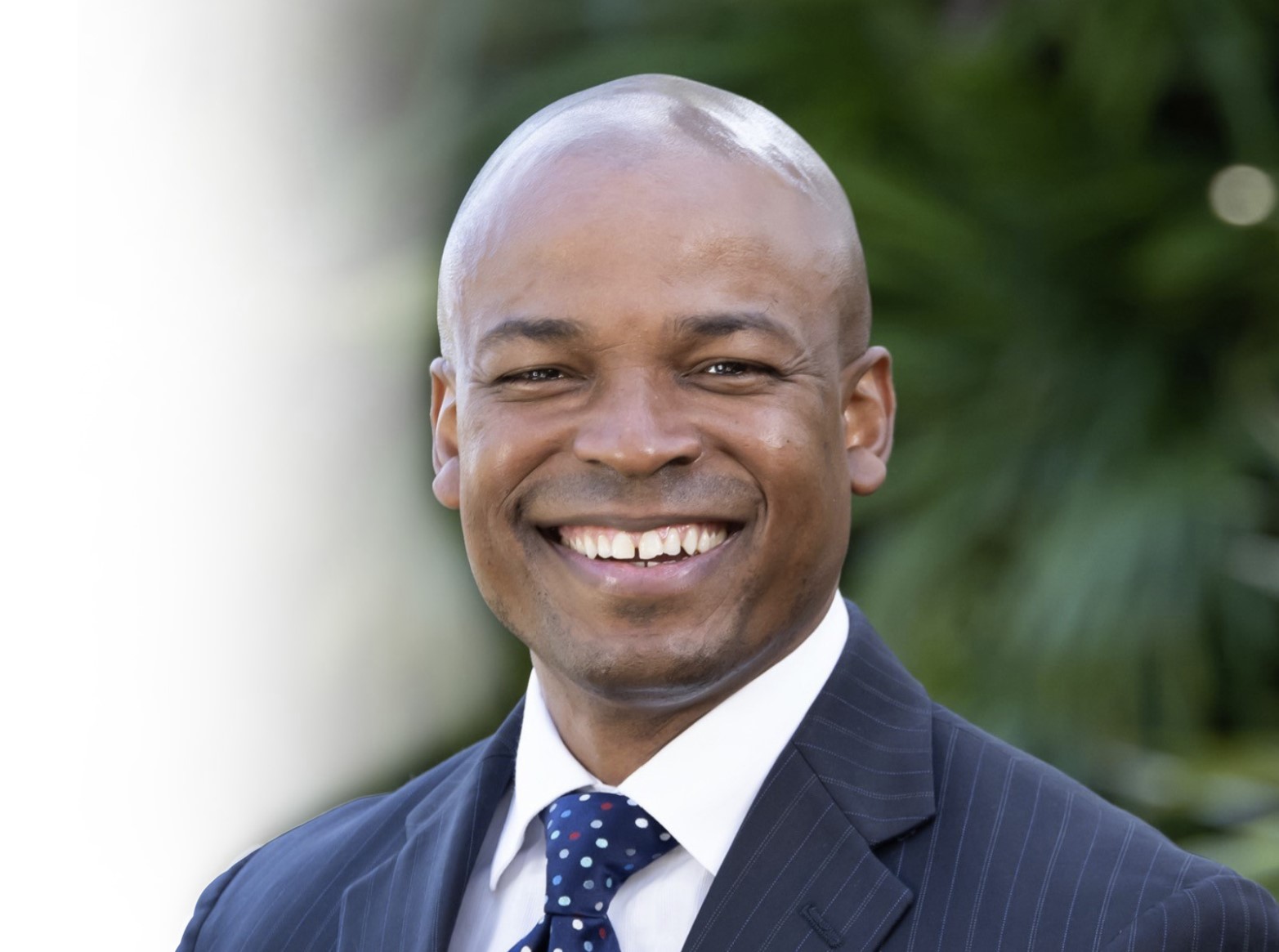Right now, manufacturing in America is at a pivotal moment.
President Donald Trump and congressional leaders have made growing manufacturing in the U.S. a top priority — expanding our industrial base, increasing investment and creating jobs. Now, it’s up to all of us — manufacturers, educators and policymakers — to turn that vision into action.
That’s why the National Association of Manufacturers is in Miami this week as part of our Competing to Win Tour — highlighting the policies, workforce initiatives, and innovations that will shape the future of manufacturing. We’re here in Florida — home to more than 14,000 manufacturers and 353,400 manufacturing jobs — to focus on what’s ahead.
At Miami Dade College, we’re meeting with students and administrators to ensure that the next generation has the tools and skills to thrive in a rapidly evolving industry. The choices we make today will define the future of manufacturing — not just in Miami, but across America.
One of the most important choices ahead involves tax policy. The 2017 tax reforms fueled a historic manufacturing resurgence — delivering investment, wage growth and job creation. 2018 was the best year for manufacturing job creation compared to the previous 21 years. Since then, manufacturers have been able to reinvest in their businesses, expand operations and raise wages.
But now, that certainty is at risk. Key tax provisions have expired, and more will lapse at the end of 2025. A new NAM and EY study found that if tax reform is not extended, it could put nearly 6 million jobs at risk, including more than 1.1 million manufacturing jobs. Florida alone could lose 399,000 jobs and $36 billion in wages.
Manufacturers are calling on Congress to act now — before rising uncertainty slows investment even more and costs jobs.
That means maintaining the 21% corporate rate, the 20% pass-through deduction and the rates that small and family-owned manufacturers pay. We also need tax incentives that help businesses expand — like immediate R&D expensing to drive innovation, enhanced interest deductions so manufacturers can finance growth and full expensing for new equipment and machinery.
Manufacturing is a capital-intensive industry. We plan in terms of years, not months or days.
Tax certainty fuels investment, but investment alone is not enough. As manufacturers modernize and expand, they need a workforce ready to power the next era of industry.
That’s especially true as artificial intelligence accelerates manufacturing modernization — enhancing efficiency, bolstering safety, expediting innovation and improving product quality. According to surveys by the Manufacturing Leadership Council, most manufacturers see AI as a “game-changer” for the industry and 96% say they plan to increase AI investments by 2030. But AI is not about replacing jobs — it’s about creating them.
A recent NAM AI report confirms that AI will change jobs more than it will replace them. One-third of manufacturers expect to hire more workers because of AI, not fewer. But we have to prepare today’s workforce for tomorrow’s technology.
That’s why manufacturers in Florida and across the country are equipping workers with AI-driven skills. Miami-Dade College is helping to lead the way with one of the nation’s pioneering AI education programs — training students for high-paying, high-tech manufacturing jobs of the future.
Miami’s evolving economy is perfectly positioned to take advantage of AI-driven manufacturing. Florida companies are already integrating AI into precision manufacturing, aerospace engineering, biomedical devices and advanced materials production. Miami Dade is ensuring that students here are first in line for these opportunities.
Even beyond AI, manufacturers are facing a workforce challenge. A Manufacturing Institute and Deloitte study projects a shortfall of 1.9 million manufacturing jobs by 2033. We must act now to fill that gap and ensure the industry continues to thrive.
Miami-Dade College’s new AI and advanced manufacturing programs are a national model — bringing industry and education together to create direct career pathways. With more than 400,000 open manufacturing jobs today, these programs are essential to ensuring that workers have the skills to succeed.
Manufacturing in America isn’t at a crossroads — it’s moving forward. With tax certainty, AI leadership and more talent, this decade can be the strongest era for U.S. manufacturing in history. But to truly seize this moment, we must also curb excessive regulations, secure energy dominance, fix our broken immigration system, expand trade opportunities and achieve real permitting reform. Each of these priorities strengthens the foundation for manufacturing growth, ensuring that companies can invest, hire and innovate right here in the United States.
Manufacturing built this country. Now, let’s create the future.
___
Jay Timmons is president and CEO of the National Association of Manufacturers. Brewster Bevis is president and CEO of the Associated Industries of Florida.
Post Views: 0

 Entertainment8 years ago
Entertainment8 years ago
 Entertainment8 years ago
Entertainment8 years ago
 Politics8 years ago
Politics8 years ago
 Tech8 years ago
Tech8 years ago
 Tech8 years ago
Tech8 years ago
 Tech8 years ago
Tech8 years ago
 Politics8 years ago
Politics8 years ago
 Tech8 years ago
Tech8 years ago










